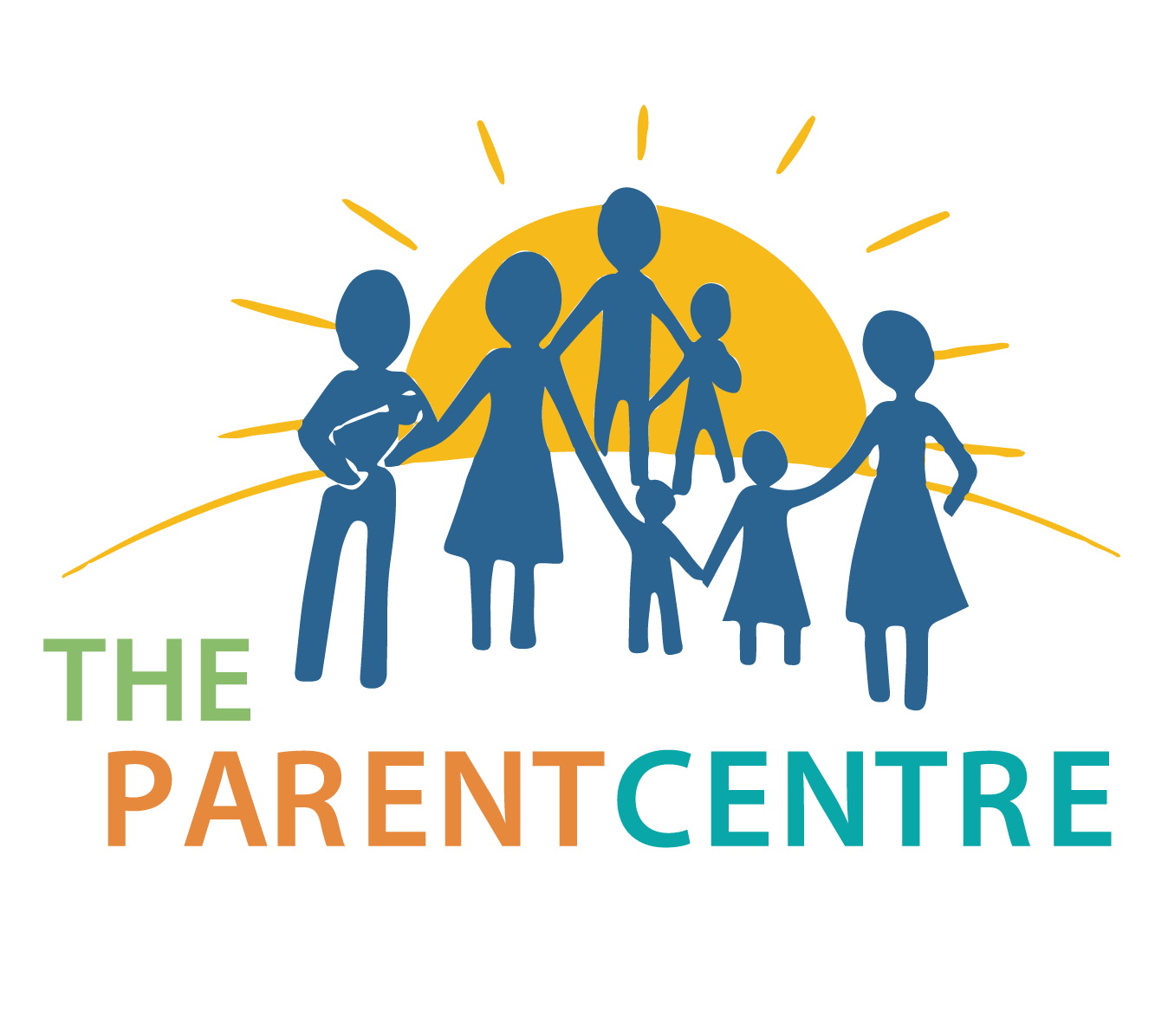Globally, parenting education has gained real momentum in many companies’ employee wellness and employee assistance programmes.
Traditionally, employers once preferred that employees drew hard lines between their family lives and work lives. But that’s always been an illusion.
The stresses and anxieties arising in one realm have always cast shadows over the other, and this has been openly acknowledged in the development of corporate wellness programmes. The impact of taking work stress home has been an issue for a long time, however, there is now growing recognition that we also bring parenting stresses to work, impacting on concentration and productivity.
Widespread remote work over the pandemic years, showed that employees could still be productive when immersed in their family environment, and many newly minted remote workers reported improved well-being and better work life balance.
The World Economic Forum’s latest Workmonitor 2023 survey reports that: “Most workers (83%) said they preferred working flexible hours, and 71% cited a flexible location as important. Women, often the primary caregivers, also valued flexibility more than men regarding working hours (85% vs. 81%) and location (72% vs. 69%).”
The same survey, which involved 35,000 employees across 15 countries, ranks ‘work life balance’ as the second most important priority for today’s employees.
The acceptance of how family and work are irrefutably connected puts the focus on not just employee wellness, but also employee resilience.
Parenting is a hard job too, demanding time, attention, and energy, especially for female employees who typically still lift the heaviest weight when it comes to family responsibilities.
The role of emotional intelligence in workplace productivity
Leaders in organisations should have a vested interest in supporting employees as they develop and practice EI (Emotional Intelligence), permeating company culture with a blend of empathy, compassion, and pragmatism.
Research in fact has shown that 70% of the reasons for losing customers and clients were related to EI.
Gaining parenting skills helps employees to create positive, functional family environments, which is important in this time of increasing work-from-home options. It helps employees develop resilience as parents, which means less distractions during their working hours because they are going through a challenging family time.
Instead of the relief we hoped for, these post-COVID times have ramped up personal financial stresses and general anxieties about the state of the world. This sustained stress over multiple years wears down our emotional resilience and this is borne out by rising rates of mental health disorders such depression and anxiety in South Africa.
Parenting Education
Today, more and more companies are including parenting education in their employee wellness and employee assistance programmes. By offering parenting skills seminars and workshops, company leaders are showing their responsiveness to the reality that work stress and family stress travel both ways.
Workplace parenting education is a preventative approach.
While the benefits are realised over the long-term, it stands to reason that an employee who is a confident and capable parent is less likely to become overwhelmed during the immediate tough times that all families inevitably go through.
Having practical skills that they can deploy enables parents to find solutions faster, helping to prevent burn-out and absenteeism from work.
How to navigate this new work and home space and foster emotional intelligence (EI)
- Recognise & Understand – acknowledge that things have changed, that stress, illness, loss, and grief have affected us all and allow yourself and employees to connect with these feelings. EI means creating spaces where people can find composure and talk about conflict. Give your employees this space, especially working parents.
- Act constructively – a workspace that values EI enables workspaces to recognise the disruptions and stressors of home and parenting life. Put yourself in your employees’ shoes and think before reacting.
- Incorporate parenting education into the workspace – ask any parent and they will tell you that they don’t know what they’re doing at the best of time. In equipping them with parenting knowledge & skill, you are contributing to their overall wellbeing and EI. This in turn results in much happier and productive employees.
